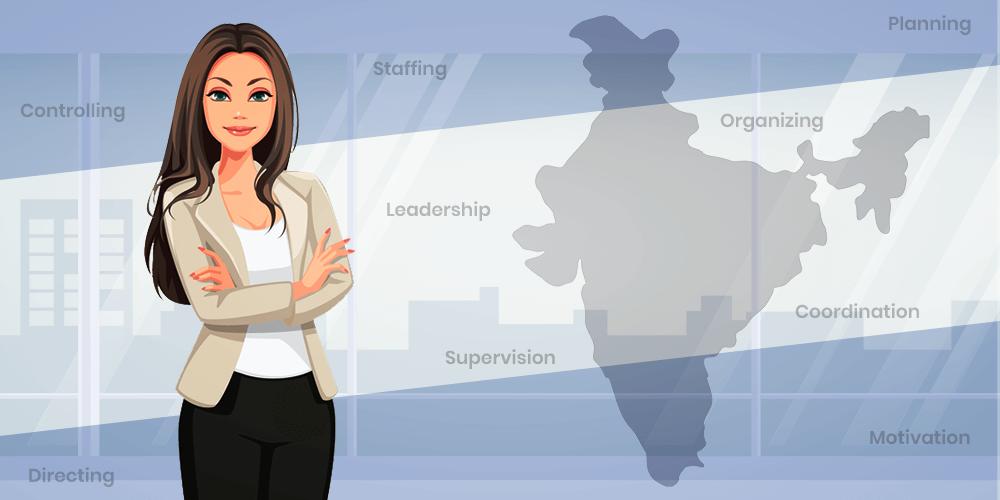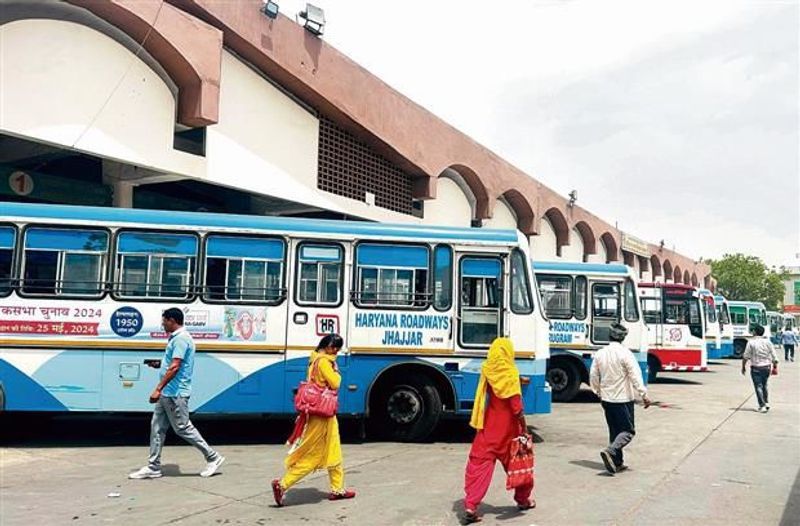 Image Source: Hyderabadangels.in
Image Source: Hyderabadangels.in
India is witnessing a transformative push to bolster women entrepreneurs through a comprehensive array of government initiatives, financial schemes, capacity-building programs, and ecosystem-building platforms as of 2025. These concerted efforts aim to overcome traditional barriers such as access to credit, information asymmetry, limited networking opportunities, and societal challenges, thereby unlocking the vast entrepreneurial potential of women across urban and rural landscapes.
Key Highlights: Pillars of India's Support for Women Entrepreneurs
Financial Assistance and Credit Support: Several flagship schemes provide targeted loans, subsidies, and collateral-free financing to women entrepreneurs, particularly benefiting those from economically weaker and marginalized communities.
Skill Development and Capacity Building: Dedicated entrepreneurship awareness, training, and mentoring programs nurture women’s management capabilities and business acumen, helping them successfully launch and scale ventures.
Incubation and Ecosystem Strengthening: Establishing entrepreneurship development centers and incubators across regions connects women-led startups to essential resources including seed funding, mentorship, market linkages, and compliance assistance.
Policy Backing and Awareness Campaigns: National platforms amplify visibility of women entrepreneurs’ successes, reward promising ventures, and simplify access to diverse schemes for greater inclusivity.
Infrastructure and Networking Facilitation: Government and allied agencies enable women to participate in trade fairs, digital marketplaces, and technology adoption to harness new opportunities.
Financial and Lending Initiatives
Udyogini Scheme offers concessional loans to rural and urban women aiming to initiate or expand micro-enterprises in manufacturing, services, and trade sectors.
Stand Up India Scheme extends loans from ₹10 lakh to ₹1 crore to women and SC/ST entrepreneurs to set up greenfield ventures, enhancing underrepresented groups' access to formal credit.
Mudra Yojana provides collateral-free loans in three tiers (Shishu, Kishor, Tarun) facilitating small-scale enterprises with limits up to ₹10 lakh.
Annapurna Scheme supports women entrepreneurs venturing into food-related businesses with loans up to ₹50,000 for purchasing equipment and raw materials.
Mahila Udyam Nidhi Scheme by SIDBI extends flexible financial assistance up to ₹10 lakh for MSME ventures led by women.
Other focused schemes include the Mahila Coir Yojana, encouraging women in rural coir industries via training and equipment support, and the Pradhan Mantri Rozgar Yojana enabling unemployed women to establish businesses through modest loans.
Skill Development and Capacity Enhancement
The Swavalambini Program, launched in 2025 targeting North Eastern states and select regions, provides entrepreneurship awareness training (EAP), development programs (EDP), and structured mentoring for women students and budding entrepreneurs.
Institutions like the National Institute for Entrepreneurship and Small Business Development (NIESBUD) and Indian Institute of Entrepreneurship (IIE) implement entrepreneurship development and incubation centers in educational institutions, especially in the North East.
The Women Entrepreneurship Platform (WEP), a flagship initiative by NITI Aayog, integrates incubation, mentoring, marketing assistance, financial facilitation, taxation support, and community networking. It has connected over 26,500 women entrepreneurs with support services since 2018.
Training programs specifically focus on overcoming skill and knowledge gaps, fostering leadership, digital literacy, and innovation among women-led businesses.
Ecosystem Building and Institutional Support
Establishment of around 30 Entrepreneurship Development Centres (EDCs) and 4 Incubation Centers (ICs) in the Northeast promotes mentorship, seed funding for promising startups, and sustains entrepreneurial ventures.
Real-time progress tracking, seed funding opportunities, and mentorship schemes under various government departments boost the quality and sustainability of women-led enterprises.
Platforms like Stand-Up India and WEP provide visibility and certification for women entrepreneurs, helping them gain access to national and global markets.
Workshops, awards, and recognition schemes encourage competitive excellence and innovation.
Policy Framework and Awareness Drives
Government ministries actively promote gender-responsive policies that facilitate easier access to schemes and financial products tailored for women.
Campaigns like “Yashasvini” engage in wide outreach to empower women entrepreneurs by building confidence and connecting them to resources.
NITI Aayog collaborates with ministries to ensure seamless convergence and promote women’s entrepreneurship as a key focus area within the national development agenda.
Simplification of procedures, digital platforms, and grievance redressal mechanisms align to minimize bottlenecks women might face in scaling their ventures.
Economic and Social Impact
Supporting women entrepreneurs plays a crucial role in expanding India’s MSME sector, which contributes to employment generation and GDP growth.
Financial inclusion and entrepreneurship among women empower families socio-economically and enhance community upliftment.
Gender-inclusive growth promotes innovation, sustainability, and diversification in business sectors across rural and urban economies.
Success stories in sectors like food processing, coir production, textiles, crafts, and digital services inspire upcoming women entrepreneurs and break societal stereotypes.
Future Outlook and Recommendations
Sustained investments in capacity building, financial access, and ecosystem strengthening are essential for achieving gender parity in entrepreneurial participation.
Greater emphasis on technology adoption, digital marketplaces, and global linkages will elevate competitiveness of women-led ventures.
Encouraging private sector partnerships and venture capital flows towards women entrepreneurs can fill critical funding gaps.
Continuous policy reviews to adapt to emerging challenges and inclusive frameworks will enhance the resilience and growth trajectory of women’s enterprises.
Conclusion
India’s multi-faceted approach to promoting women entrepreneurs—combining financial, educational, infrastructural, and policy measures—is creating a rapidly evolving ecosystem where women can thrive as business leaders and innovators. This inclusive push not only fulfills economic imperatives but also drives social transformation towards gender equality and empowerment in the entrepreneurial space.
Sources: Press Information Bureau India, Ministry of Skill Development and Entrepreneurship
Advertisement
Advertisement




